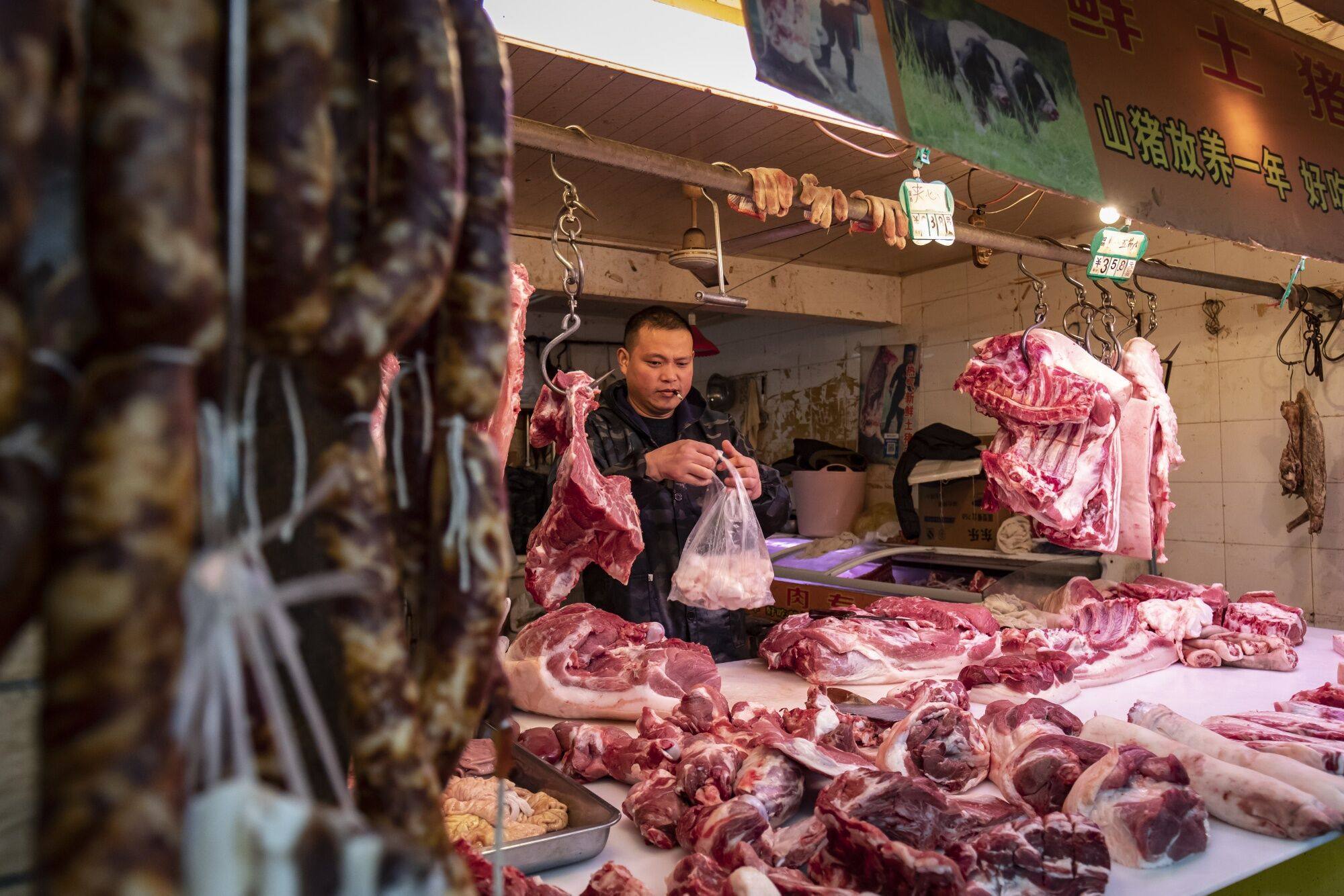Chinese scientists say they have found evidence that consuming certain food and drinks – as influenced by our genes – can play a part in the development of skin conditions.
Their findings include a link between the genetically predicted intake of meat and coffee and an increased risk of developing skin cancer and ageing-related symptoms.
The researchers – from Lanzhou University in Gansu province – performed a Mendelian randomisation, or MR, study to examine the relationship between diet and skin conditions. MR analysis uses genetic variants to study potential causal relationships between an exposure and an outcome.
Do you have questions about the biggest topics and trends from around the world? Get the answers with SCMP Knowledge, our new platform of curated content with explainers, FAQs, analyses and infographics brought to you by our award-winning team.
“Our study results indicate causal relationships between genetically predicted intake of oily fish, tea, salad/raw vegetables, coffee, pork, beef, champagne plus white wine and bread, and skin conditions,” the authors wrote in the peer-reviewed journal Archives of Dermatological Research last month.
The team found that genetically influenced intake of coffee and pork is associated with an increased risk of skin ageing. Genetically influenced consumption of beef, bread, champagne and white wine was associated with a higher risk of skin cancer.
They also found genetically influenced intake of oily fish to be associated with a lower risk of skin ageing, while genetically influenced consumption of tea was associated with a lower risk of skin pigmentation.
“To date, this study is the inaugural investigation to explore the causal relationships between multiple dietary factors and four major skin conditions using genetic tools and MR analysis,” the researchers wrote.
The skin is the primary barrier to protect against external threats but various skin conditions can develop as we age.
“As an easily accessible and modifiable factor, the impact of diet on skin-related issues has become a focus for many researchers,” the team wrote.
Observational studies have shown associations between certain dietary factors and developing various skin conditions, but the researchers said that confounding variables can limit these studies.
MR makes use of single nucleotide polymorphisms – genomic variants in a single base within DNA – as a variable to “infer causal relationships between phenotypes”, the team wrote.
“The random assignment of alleles [versions of a gene] to offspring during conception reduces the likelihood of external environmental and confounding factors influencing the association between genetic variation and phenotype,” the researchers said.

The team obtained data on 17 different dietary factors from the UK Biobank – a long-term study of genetic predisposition and environmental exposure to developing disease, which used questionnaires to gather information on the dietary intake of participants.
Data on four skin conditions – ageing, pigmentation, scarring and fibrosis, and cancer – was obtained from the biobank alongside a genome-wide association study, which identifies genes associated with disease traits.
“No evidence was found to establish a causal relationship between genetically determined dietary intakes and scarring and skin fibrosis,” the researchers said.
Drinking champagne and white wine and eating beef was linked to an increased risk of developing cutaneous melanoma, and eating bread was associated with developing keratinocyte skin cancer.
“Globally, skin cancer is among the most prevalent types of cancer,” the researchers wrote.
“Understanding the impact of dietary factors on skin conditions can help improve skin health by optimising and adjusting dietary intake.”
Although MR studies allow for better analysis of causal relationships, the team said there were still limits to their study such as a lack of analysis of age and gender subgroups, and whether the results could be generalised beyond the European population that was studied.
The researchers said they also “could not exclude the influence of external factors such as environment, occupation and family” on the results.
More from South China Morning Post:
- How psychodermatology treats skin conditions from the inside out – doctor helps patients understand mind-body connection
- Chinese scientists find natural selection loophole that could help transform food security
- Chinese scientists identify gene that may help protect against obesity
- China food scientists combine pork, chicken with rice in lab-grown meat advance
- Chinese scientists create robot with brain made from human stem cells
For the latest news from the South China Morning Post download our mobile app. Copyright 2024.





